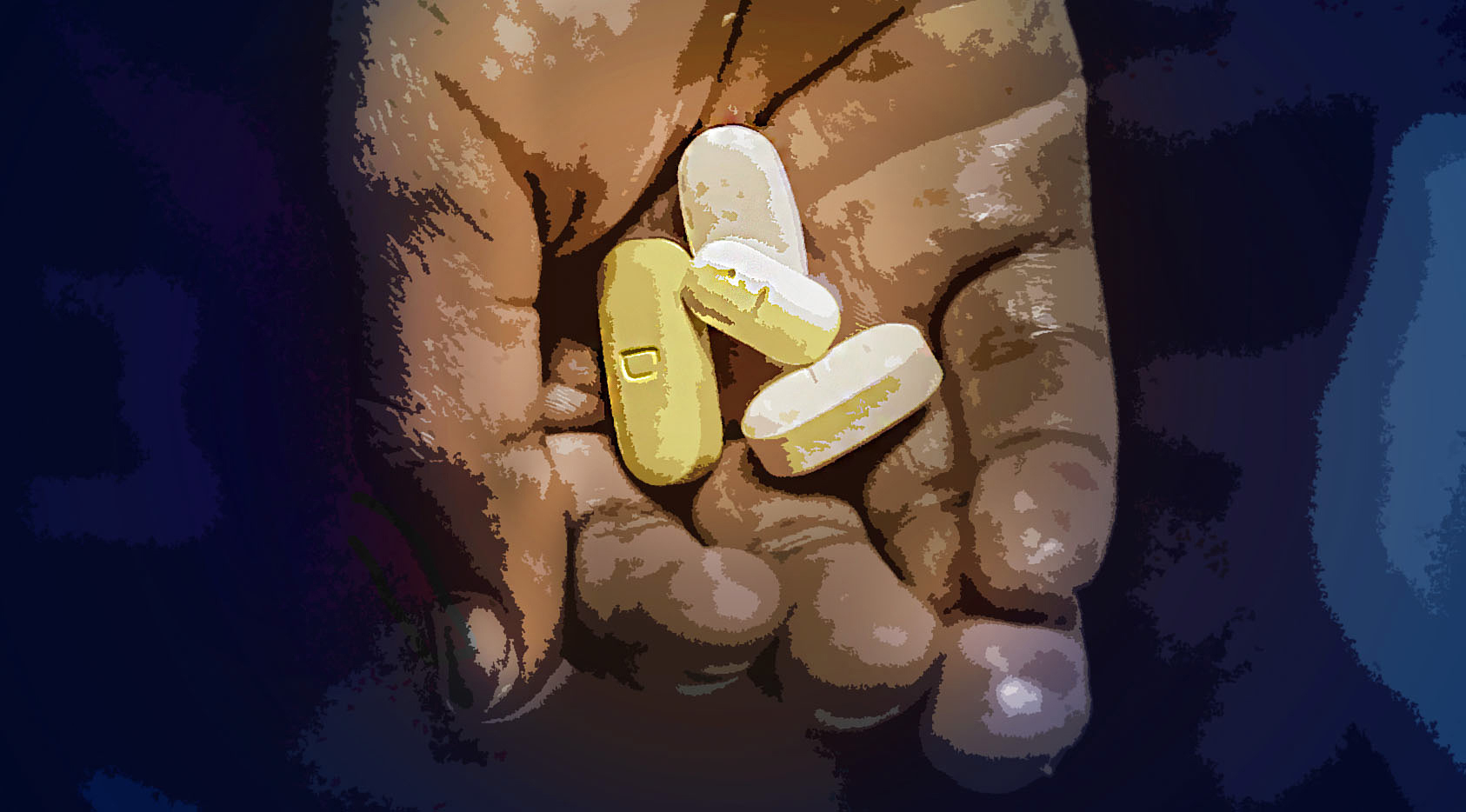South Africa is facing a shortage of tuberculosis (TB) medications due to global supply constraints of the rifampicin active pharmaceutical ingredient – an essential component in the production of key drugs for the treatment of the disease.
Patients who are diagnosed with pulmonary TB usually receive two months of treatment with isoniazid, rifampicin, pyrazinamide and ethambutol (the intensive phase), followed by four months of treatment with isoniazid and rifampicin (continuation phase). During both phases, the drugs are administered in fixed-dose combinations, which means they are combined in a single tablet.
“The manufacturers of the first-line medicines are currently experiencing supply constraints of the rifampicin active pharmaceutical ingredient (API),” said Foster Mohale, spokesperson for the National Department of Health.
“The shortage of the API is a result of the sudden, temporary closure of one of the manufacturers. The one remaining manufacturer has not been able to meet the demand for the API resulting in insufficient supply of Rifampicin-based medicines. The consequence of this has been that the two suppliers have not been able to meet the local demand.”
Taking stock
Mohale said that the department had received reports from multiple provinces about shortages of the four- and two-drug fixed-dose combinations for treating TB.
“These [shortages] are at depot level but there are stocks in some of the facilities. This, however, differs amongst provinces and districts,” said Mohale.
In KwaZulu-Natal, there was a shortage of the two-drug fixed-dose combination used during the continuation phase of treatment, he said. Daily Maverick asked the KZN Department of Health for comment, but had not received a response at the time of publishing.
“The provinces have been advised to shift stock around from low-burden to high-burden facilities where the risk of patients going without treatment is high. We are engaging the suppliers regarding the plan to address the backlogs and future supply but have received [a] commitment from Pharma Dynamics for delivery in this week and the coming week,” said Mohale.
“These will be distributed to all provinces, but will not be sufficient to cover all patients currently on treatment and those who will be started on treatment in January 2025. We are in discussion with the suppliers on active distribution of the medicines based on need, disease burden and stock on hand to ensure equitable distribution rather than basing this on back-orders. This will continue until the stabilisation of supplies has been established.”
When asked what options were available to health facilities that might be affected by these shortages, Mohale said they could use single formulations of the first-line medicines – meaning the various drugs would be taken separately, rather than in a single tablet.
“This, however, will be a temporary inconvenience for patients [as it will] increase the number of tablets taken daily. Dosing charts will be developed and distributed to provinces to facilitate this,” he said.
“Where multi-month dispensing is implemented, this has been discouraged to ensure there is enough stock to go around.”
State of stockouts
Byron La Hoe, spokesperson for the Western Cape Department of Health and Wellness, told Daily Maverick that the medication used for the treatment of TB meningitis was out of stock in the province, but that a suitable alternative recommended by the department’s infectious disease specialists was being used.
“In the short term, there is sufficient anti-TB medicine for the treatment of the initial phase of drug-sensitive (DS) TB, while all options to source additional stock are being considered. While there is a shortage of supply of anti-TB medicine for the continuation phase of DS TB in adults, the department is in the process of developing alternate regimens for them,” said La Hoe.
In the Eastern Cape, the availability of TB medications at clinics stood at 81% at the end of November, according to Mkhululi Ndamase, spokesperson for the provincial Department of Health.
“It is acknowledged that certain facilities did report a constraint in TB medication, especially for those regimens containing Rifampicin,” he said. “The districts most affected have been Joe Gqabi, Nelson Mandela Metro and OR Tambo districts.”
Ndamase noted that the department had engaged with suppliers to release some stock to the province.
“We can confirm that there is a commitment from the supplier to deliver the required stock next week with additional stock anticipated to be delivered in the second week of January 2025,” he said.
“The department is also working on redistributing stock between facilities to ensure that no patient is sent home without the prescribed medicines for their TB treatment.”
The department advised those facilities that are experiencing a shortage of TB medicines to contact the TB programme manager and their district pharmacist so that stock could be redistributed to their centres while awaiting the arrival of the replacement stock.
Daily Maverick asked the other provincial departments of health, but had not received responses at the time of publishing.
The Treatment Action Campaign (TAC) and the Stop Stockouts Project have not received any reports of TB medication stockouts in the provinces at this stage, according to Kopano Klaas of the Stop Stockouts Project. Both organisations are nonprofit movements geared towards better access to healthcare services in South Africa.
Klaas warned that shortages of TB medications could result in more patients defaulting from treatment, which in turn could lead to a rise in severe and treatment-resistant cases. DM
This article was updated on 13 December to include comment from the Eastern Cape department of health.





